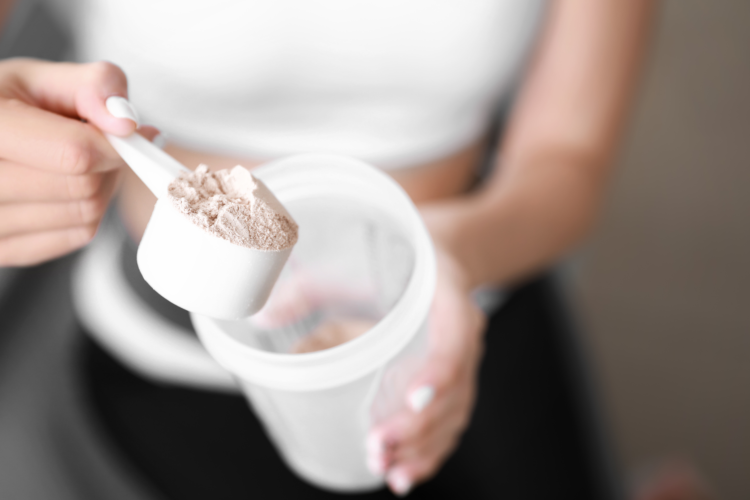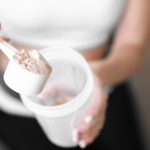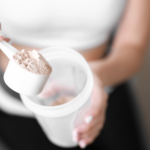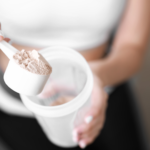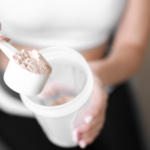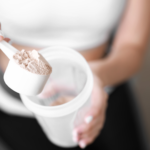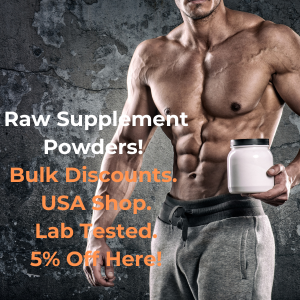Protein powder has become a popular supplement among fitness enthusiasts and athletes, but when it comes to teenagers, concerns about safety often arise. Parents and adolescents alike may wonder whether protein powder is a safe and appropriate addition to a teen’s diet. Understanding the potential benefits and risks of protein powder for teenagers can help parents make informed decisions about their child’s nutrition and overall well-being.
- BCAA Supplements To Increase Energy
- Does BCAA Supplements Boost Testosterone
- Are BCAA Supplements Good For Runners
- BCAA Supplements And Depression Is There A Link
- BCAA And Keto What You Need To Know
- BCAA Supplement Benefits And Side Effects
One of the primary concerns regarding protein powder for teens is the potential for overconsumption and imbalanced nutrition. Adolescents have unique nutritional needs due to their growth and development, and consuming excessive amounts of protein powder can displace other essential nutrients in their diet. While protein is crucial for muscle growth and repair, it’s essential to prioritize a balanced diet that includes a variety of whole foods rich in protein, carbohydrates, healthy fats, vitamins, and minerals.
Moreover, the safety and quality of protein powder products can vary widely, making it essential for parents and teens to choose reputable brands and products. Some protein powders may contain added ingredients, such as artificial flavors, sweeteners, or fillers, that may not be suitable for teenagers. Additionally, contaminants or impurities in protein powder products can pose health risks, especially for adolescents who are still growing and developing. Opting for protein powders that undergo third-party testing for purity and quality can help mitigate these concerns and ensure safer supplementation.
Furthermore, parents and teens should consider the potential side effects and risks associated with protein powder consumption. While most teenagers can safely consume moderate amounts of protein powder, excessive intake can lead to digestive issues such as bloating, gas, and diarrhea. Additionally, some protein powders may contain allergens such as milk, soy, or gluten, which can trigger adverse reactions in sensitive individuals. It’s essential for parents to monitor their teen’s consumption of protein powder and encourage moderation, while also promoting a balanced diet that includes a variety of nutrient-dense foods to support their overall health and well-being. Consulting with a healthcare professional or registered dietitian can provide personalized guidance on whether protein powder is appropriate for a teenager’s individual needs and circumstances. Shop raw supplements, bulk discount, lab tested 5% off here!
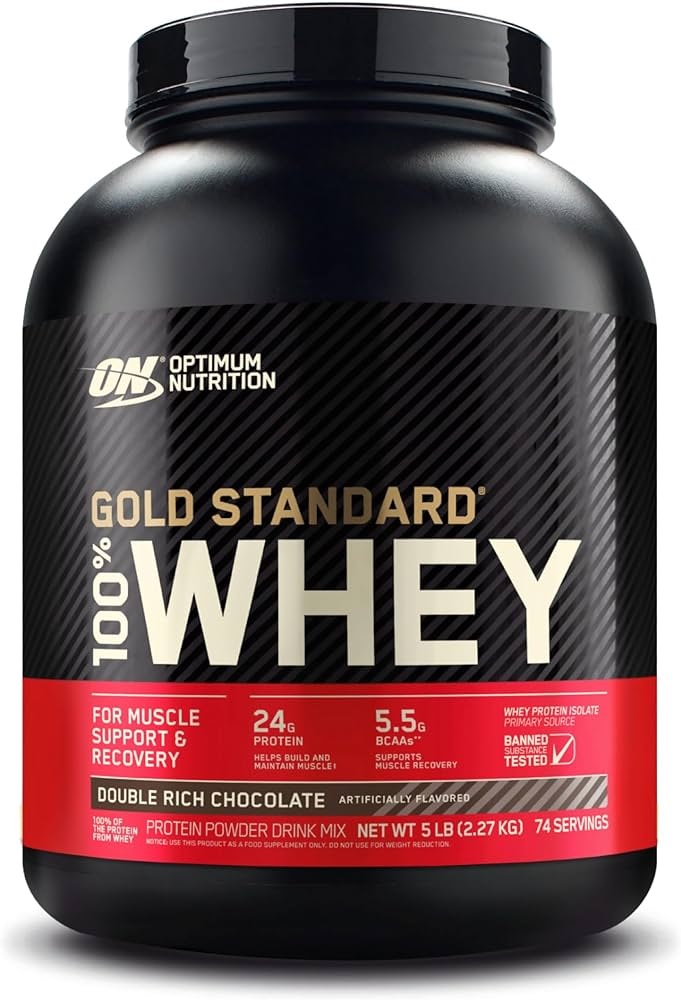
Buy Protein Powder Online
We Have Some Of The Best Protein Powder Out There!
Come have a look what types of Protein we have? Shop the best Protein Powder! We have found the best deals! Or please feel free to read more about the many benefits of Protein supplements on site.
FAQs
Is it safe for teenagers to consume protein powder?
Generally, protein powder can be safe for teenagers when used appropriately and as part of a balanced diet. However, it’s essential to monitor intake and ensure that teenagers are not consuming excessive amounts, which can displace other essential nutrients and lead to imbalanced nutrition.
What are the potential risks of teenagers consuming protein powder?
Some potential risks of teenagers consuming protein powder include digestive issues such as bloating, gas, and diarrhea, particularly when consumed in excessive amounts. Additionally, certain protein powders may contain allergens or additives that could trigger adverse reactions in sensitive individuals.
How can parents ensure the safety of protein powder for their teenagers?
Parents can ensure the safety of protein powder for their teenagers by choosing reputable brands and products that undergo third-party testing for purity and quality. It’s also important to encourage moderation and monitor intake to prevent excessive consumption and potential health risks.
What are the signs of protein powder overconsumption in teenagers?
Signs of protein powder overconsumption in teenagers may include digestive issues such as bloating, gas, and diarrhea, as well as excessive thirst, dehydration, and changes in weight or body composition. Parents should be aware of these signs and encourage their teenagers to consume protein powder in moderation.
Are there alternatives to protein powder for teenagers looking to increase their protein intake?
Yes, there are several alternatives to protein powder for teenagers looking to increase their protein intake. Whole food sources such as lean meats, poultry, fish, eggs, dairy products, legumes, and nuts are all excellent sources of protein that can be incorporated into a balanced diet to support growth, development, and overall health.
